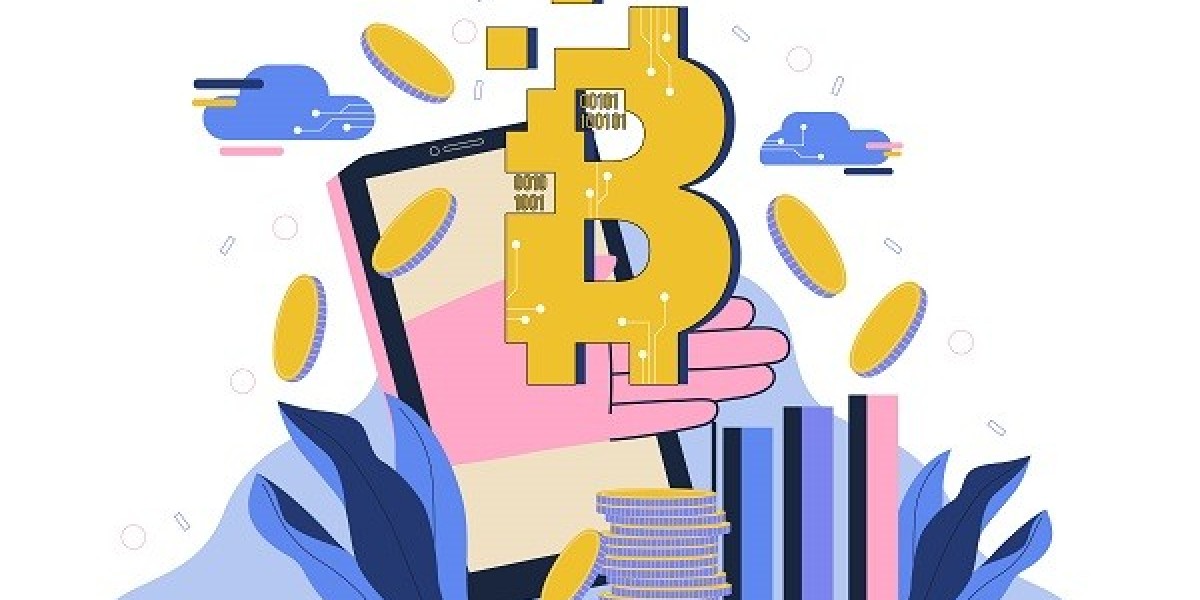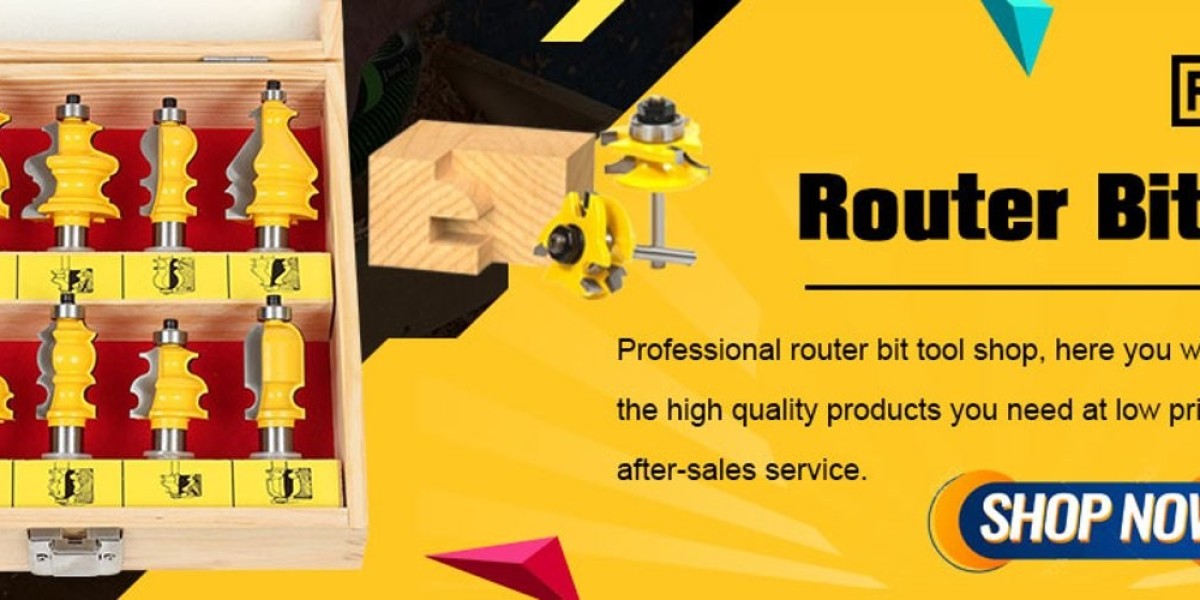Smart contracts and blockchain are transforming how businesses build trust. They are not separate tools. They work together as one system. This synergy allows new ways to automate tasks, manage data, and create digital value. The result is a shift in how systems are designed and how services are delivered.
Smart contracts are more than just code. They are the engine that powers blockchain-based applications. A blockchain holds the data. A smart contract defines what happens with that data. The contract acts when conditions are met. It runs automatically and without delay. This setup allows businesses to avoid middlemen and cut down on manual processes.
The role of a Blockchain Development Company is critical in making this work. Developers need to understand how contracts behave in real-world use. They need to ensure security and efficiency. Blockchain Development Companies in India have been helping businesses build these systems. They create solutions that are built to scale and work under real conditions.
What Smart Contracts Really Do
A smart contract is a program that runs on a blockchain. It defines a rule. When that rule is met, the program executes a result. There is no approval step. No extra verification. The system acts as coded.
This brings a big change. In a normal system, you may need a person to review or approve a task. That takes time and adds costs. A smart contract handles the logic. For example, if someone pays, the system can unlock access to a service. If a delivery is confirmed, a payment can be released. These are simple examples, but they scale into more complex use.
These contracts sit on the blockchain. That means once they are deployed, they cannot be changed easily. This adds security. It also means that development must be accurate. There is no room for errors. A Blockchain Development Company must test the code well. They also need to understand how the contract will behave with other systems.
How Smart Contracts Fit into Blockchain Development
Blockchain development is about building decentralized systems. These systems run on networks of nodes. They store data, process transactions, and maintain a shared record. Without smart contracts, these systems would be passive. They would just store data.
Smart contracts turn the blockchain into an active system. They can react to inputs. They can manage tokens. They can perform financial functions. They can control access to digital services.
A Blockchain Development Company creates the base layer that connects contracts with user actions. They write interfaces. They handle network settings. They test for performance. This is where the synergy comes in. Smart contracts give the system power. Blockchain makes sure that power runs across a trusted network.
Blockchain Development Companies in India are growing in this area. They are not just writing code. They are building ecosystems. Their teams include developers, testers, and architects. They understand the full cycle of smart contract integration. That’s how they turn a business idea into a working application.
The Need for Security in Smart Contract Development
Smart contracts cannot be changed once they are launched. That is good for trust. But it also creates a risk. If a contract has a bug, that bug will stay. It can be exploited. It can result in loss of funds or failure of service.
That is why secure development is a must. A Blockchain Development Company must follow secure practices. Every line of code is checked. Contracts are tested in real-world scenarios. Simulations are used to detect problems. Even after deployment, systems must be monitored.
Blockchain Development Companies in India have built strong teams for this. Many companies now offer smart contract audits. They look for logic errors. They test contract functions under stress. This helps businesses avoid risk and protect users.
Security is not just about bugs. It is also about access control. Who can call the contract? Who can update the system? These roles must be managed in the contract logic. That makes design and planning just as important as coding.
Real Use of Smart Contracts in Applications
Smart contracts are used across many sectors. In finance, they run decentralized exchanges. They manage lending platforms. They issue stablecoins. Every function is automated. Users interact with contracts directly.
In gaming, smart contracts manage digital assets. Players own items as tokens. These tokens are traded and used across games. The logic behind these actions is written into smart contracts.
In logistics, contracts track goods. A package changes hands. The contract updates the status. Payments and records are handled on the chain. This removes paperwork and makes auditing easier.
A Blockchain Development Company designs these systems for specific needs. They do not use one model for all. Each business has different rules. Contracts are written to fit those rules. Blockchain Development Companies in India are known for building custom solutions. They work with banks, supply chains, media firms, and startups. They bring the technology to the business layer.
Data Flow and Interaction in Smart Contract Systems
Smart contracts need data. But blockchains are isolated. They do not access data from outside. This is a challenge. How can a smart contract check real-world events?
The answer is oracles. An oracle brings data from outside into the chain. It acts as a bridge. The smart contract uses that data to trigger functions. For example, a contract may release funds if weather data shows a storm. Or it may close a bet based on sports results.
Oracles must be trusted. They must deliver data on time. They must not be tampered with. A Blockchain Development Company sets up these systems. They connect APIs, verify inputs, and test contract reactions.
This adds complexity to the development. But it also makes smart contracts more useful. They are no longer static rules. They can respond to the real world. That turns them into a powerful tool for digital automation.
Role of Development Teams in Contract Lifecycle
Smart contracts are not one-time tasks. They follow a full lifecycle. They are planned, designed, coded, tested, deployed, and maintained. Each stage needs skill and care.
In the planning stage, developers work with clients. They map out the logic. What should the contract do? What events must be tracked? What are the risks?
In the design stage, they write flowcharts and diagrams. They define the structure. This is where functions and roles are shaped.
In the coding stage, they write the actual smart contract. This is often done in Solidity for Ethereum or other languages depending on the chain.
In the testing stage, every path is checked. Simulations are run. Issues are fixed.
In the deployment stage, the contract is moved to the main network.
In the maintenance stage, systems are monitored. Interfaces are updated. New contracts may be added.
Blockchain Development Companies in India handle this full cycle. They provide end-to-end services. Their teams include developers, testers, project managers, and blockchain architects. This helps businesses move from idea to launch with full support.
Custom vs Pre-Built Smart Contracts
Some businesses want fast solutions. They choose pre-built contracts. These are templates. They offer basic functions. But they may not fit special needs. They also limit control.
Other businesses want custom smart contracts. These are built from scratch. They match the business model. They include unique features. They support advanced workflows.
A Blockchain Development Company helps choose the right path. They assess the need. If a pre-built model fits, they adapt it. If custom logic is required, they build it. Blockchain Development Companies in India offer both options. They scale solutions to fit small startups or large enterprises.
The Rise of Cross-Chain Contracts
Many blockchains now exist. Each has its own rules. But users want apps that work across chains. This creates a need for cross-chain smart contracts. These contracts can talk to other networks. They can trigger actions on multiple chains.
This adds a new layer of complexity. Data must move across networks. Contracts must stay in sync. Errors must be handled well. A Blockchain Development Company designs bridges. They build contracts that track and confirm actions across chains.
Blockchain Development Companies in India are working on this frontier. They are building DeFi apps that span chains. They are testing protocols for secure transfers. This supports a future where users are not locked into one system.
The Road Ahead for Smart Contract and Blockchain Integration
Smart contracts are a central piece of blockchain development. Their synergy builds the digital logic of the future. Businesses are adopting these tools not as a trend but as a need. They want systems that are secure, clear, and fast.
As the tech evolves, new features will emerge. Smart contracts will become more modular. Tools will make them easier to write. Platforms will offer more functions. But the base rule will remain. A smart contract runs what you code. So it must be planned and tested well.
A Blockchain Development Company is not just a tech vendor. It is a partner. It helps businesses use blockchain in practical ways. It brings ideas into real use.
Blockchain Development Companies in India are gaining global reach. Their work is now used in finance, supply chains, entertainment, and more. They bring skill and cost-efficiency to the table. They make blockchain development available to all.









